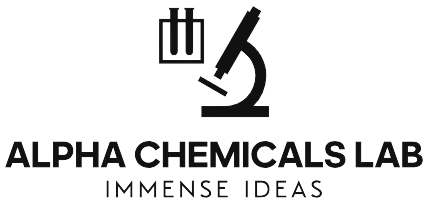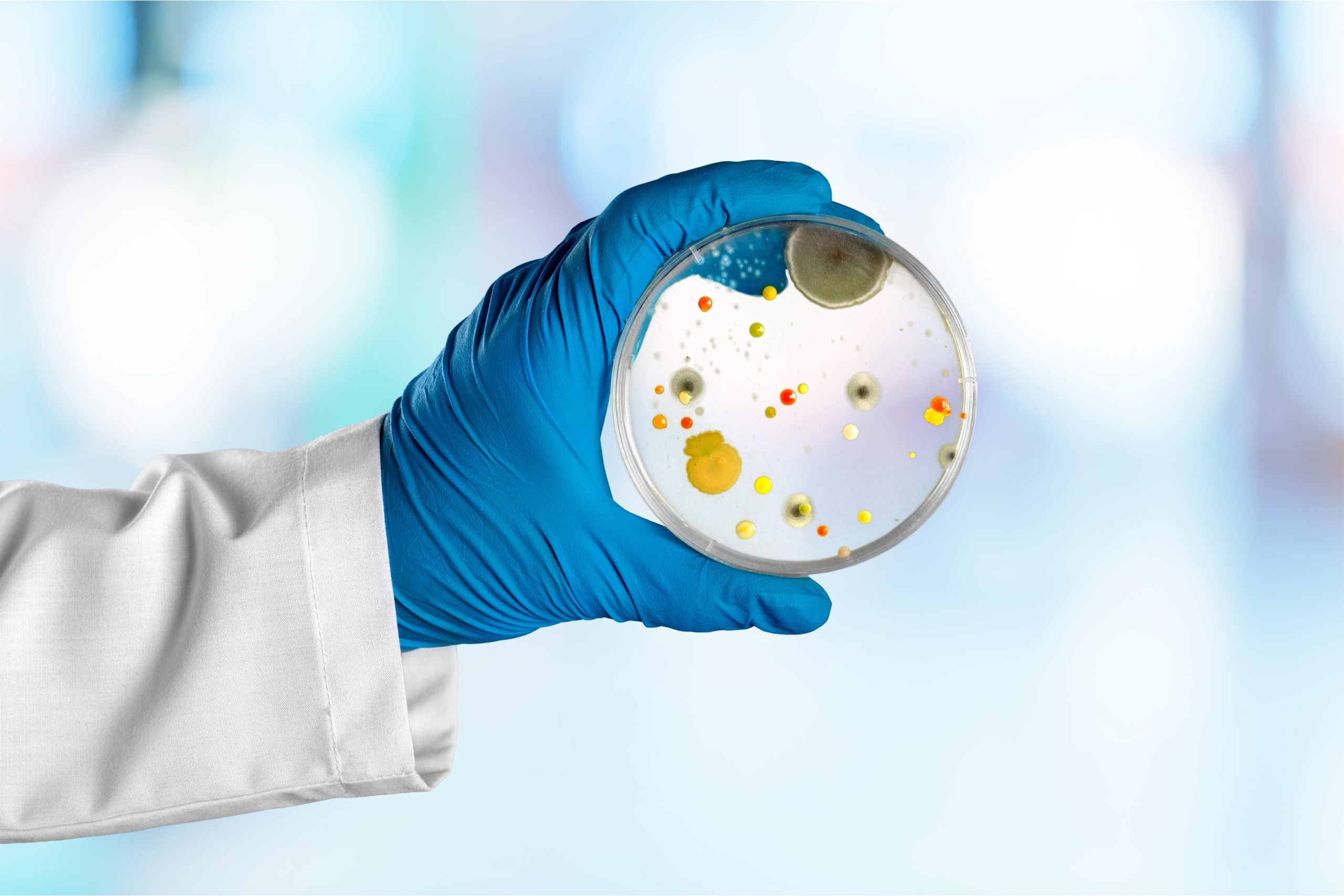Installing an air conditioning (AC) system involves upfront costs that can vary significantly depending on factors like the type of unit, size of the space, and complexity of installation. While the initial expense may seem daunting, it’s essential to consider the long-term savings and benefits that a well-chosen and efficiently installed AC system can provide on how much does air conditioning cost.
· Upfront Costs
The initial cost of installing an air conditioning system typically includes the purchase price of the unit itself, installation labor, and any necessary ductwork or electrical upgrades. For example, a central air conditioning system for a medium-sized home can range from $3,000 to $7,000, while ductless mini-split systems may cost between $3,000 and $10,000 depending on the number of zones and installation complexity.
· Energy Efficiency and Savings
One of the most significant factors influencing how much does air conditioning cost is the energy efficiency of the AC unit. Modern units often come with Energy Star ratings, indicating higher efficiency and lower energy consumption. This translates into lower monthly utility bills compared to older, less efficient models. Energy-efficient AC systems can save homeowners up to 20-40% on cooling costs annually, making them a wise investment over time.

· Return on Investment (ROI)
Calculating the ROI of an air conditioning installation involves considering both the upfront costs and the anticipated savings over the unit’s lifespan. On average, well-maintained AC systems can last 10-15 years or more. By comparing the initial investment with estimated annual energy savings, homeowners can determine how quickly the system will pay for itself through reduced utility bills.
· Maintenance and Longevity
Regular maintenance is crucial for ensuring the longevity and efficiency of an AC system. Simple tasks such as replacing air filters, cleaning coils, and scheduling professional tune-ups can help prevent breakdowns and maximize energy savings. Investing in maintenance services annually, which typically costs $100-$200, can extend the lifespan of the AC unit and optimize its performance.
· Environmental Impact
Energy-efficient air conditioning systems not only benefit homeowners financially but also contribute positively to the environment by reducing greenhouse gas emissions. Lower energy consumption means fewer resources used for cooling, which aligns with sustainable living practices and reduces the carbon footprint associated with home energy usage.




